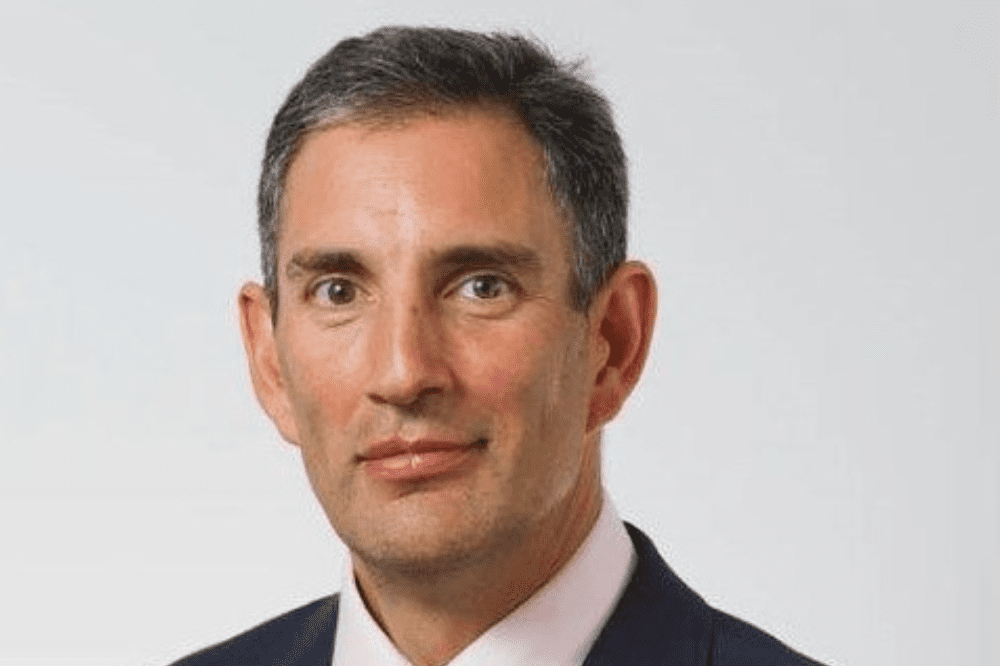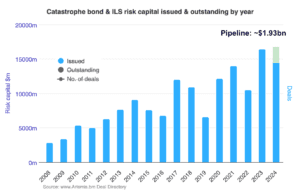FSC rings alarm bells amid continued life & health underinsurance

Based on a 2022 survey developed by CoreData, the FSC study found that 38% of the respondents currently have life insurance; 32%, health/medical insurance; 18%, trauma or critical illness insurance; 11%, income protection; and 14%, total and permanent disability insurance.
The above percentages pale in comparison with general insurance numbers, with 98% of homeowners with home insurance and 95% of motorists with car insurance.
“With the current cost-of-living crisis, an overwhelmed health system, and [the recent] OCR (official cash rate) increase, many Kiwis are struggling,” said Klipin when the latest FSC report was published.
“Our annual Financial Resilience Index showed Kiwis are worrying about their finances and it’s affecting their overall wellbeing. Many haven’t lived through a recession or severe financial shock before and will be looking for support as they face these challenges for the first time.”
The CEO continued: “While it’s understandable some are, and should be, prioritising immediate needs, the latest findings are cause for alarm and reflect the importance of long-term thinking when it comes to our finances.”
According to the 43-page document seen by Insurance Business, the goal is to raise questions and add to the debate about possible solutions.
Reasons for not taking out cover
To come up with answers, though, one must first know the ‘whys’. Part of the FSC’s poll centred on why a portion of the 2,000 respondents do not have life and health insurance.
Of the uninsured, 66% pointed to insurance being “too expensive,” while 15% do not see the value in insurance. Other reasons include being healthy and not seeing the need for cover (14%) and a lack of trust in insurance companies (12%).
The FSC also took a deep dive into why certain respondents let go of their policies – i.e., they previously had cover but no longer do.
According to those surveyed, here are their top reasons:
Life insurance – 47% said they no longer see the value in it; 27% said they no longer need it
Trauma or critical illness insurance – 43% no longer see the value; 26% think there’s no need
Income protection – 45% believe they don’t need it; 36% don’t see the value anymore
Total and permanent disability insurance – 40% don’t see the value; 32% don’t feel the need
Health/medical insurance – 44% don’t see the value anymore; 28% cited affordability
“Being adequately insured is not so much about us as individuals,” asserted Klipin, “it’s actually about protecting the ones we love. Looking at it in this context, insurance is something you really can’t afford not to have. Yet over half of respondents find cost a major barrier to taking out insurance, with 55% saying they would take out an insurance policy if they had more money.”
Finding the balance
For the FSC chief, there will have to be some sort of balancing act, in order to look after one’s health and family while keeping up with financial obligations such as bills and mortgage payments.
“It all comes down to balancing short-term risks with longer-term ones, and understanding how your decisions and choices may impact your long-term financial wellbeing and those around you,” declared Klipin, who also pointed to the importance of talking to a financial adviser to discuss options other than cancelling a policy altogether.
Echoing the same sentiments, Trustees Executors CEO Ryan Bessemer stated: “There’s a balance to get right, and Kiwi families deserve to both be able to protect themselves and their families while also being able to get by.”
Data released by the FSC show that, of the estimated 5.2 million New Zealand residents, 4.1 million were covered by life insurance as of June 30, 2022, while only 1.18 million had health insurance.
“As an industry,” added Klipin, “we have a responsibility to help New Zealanders navigate the choppy waters and headwinds that are coming by making active and considered decisions about their financial futures.”
The FSC’s Money & You research series is aimed at growing the financial confidence and wellbeing of New Zealanders. What are your thoughts on the latest report? Share in the comments below.





